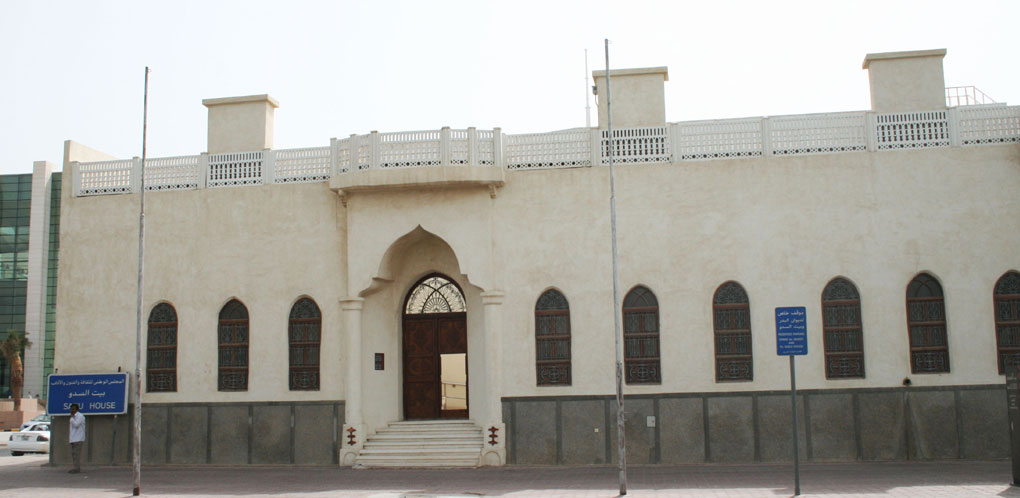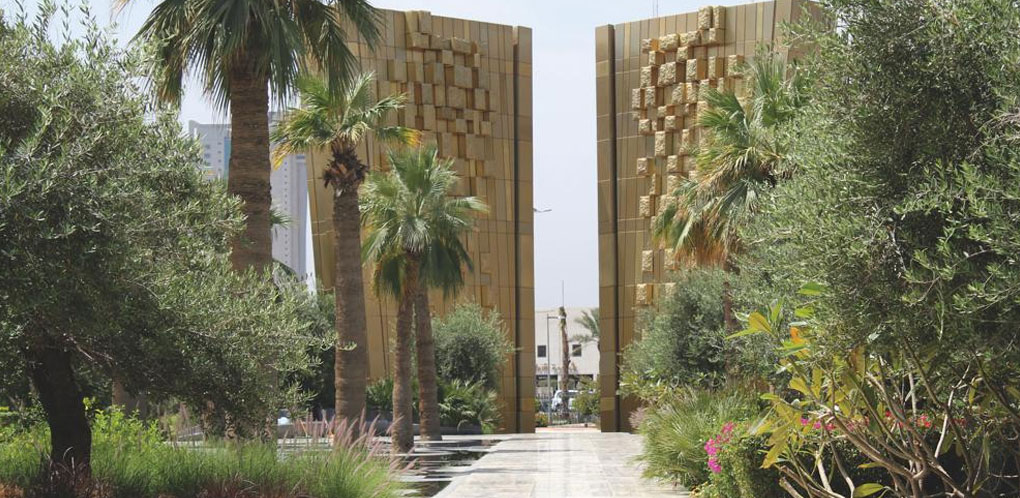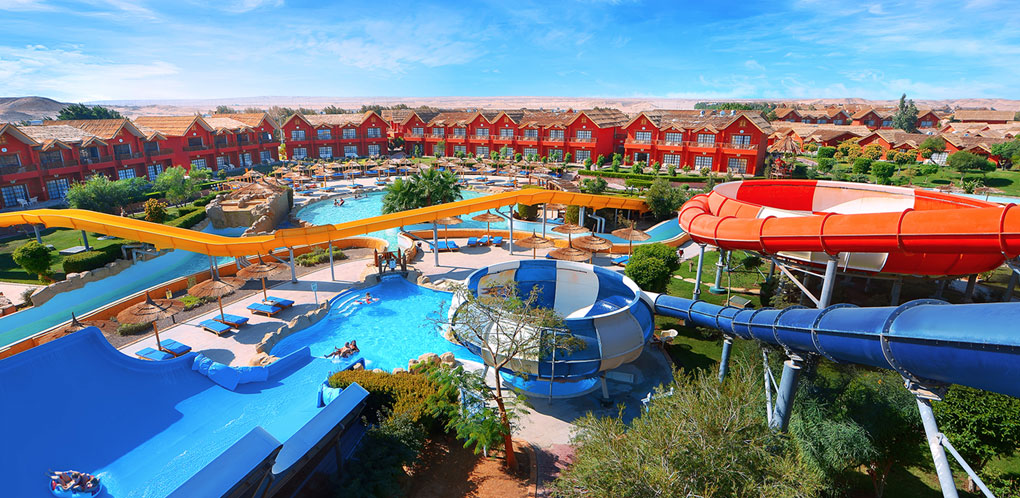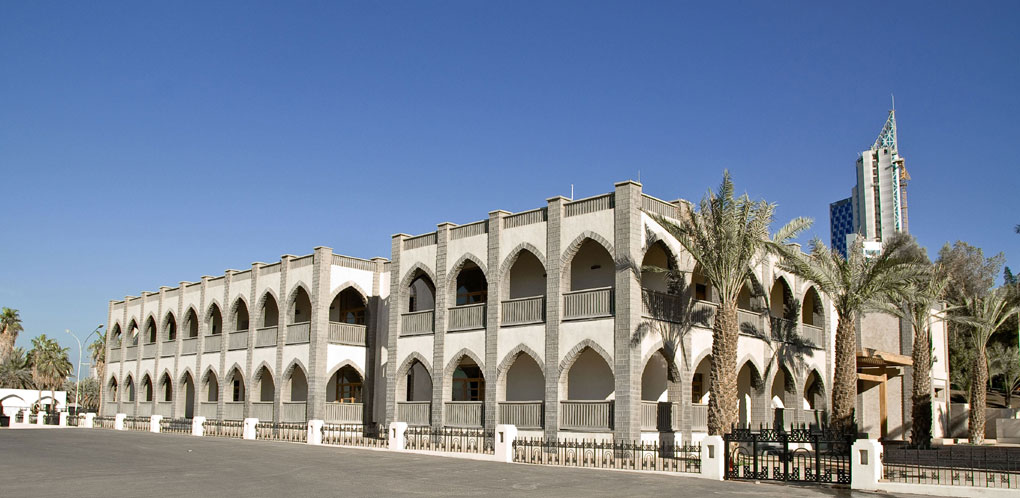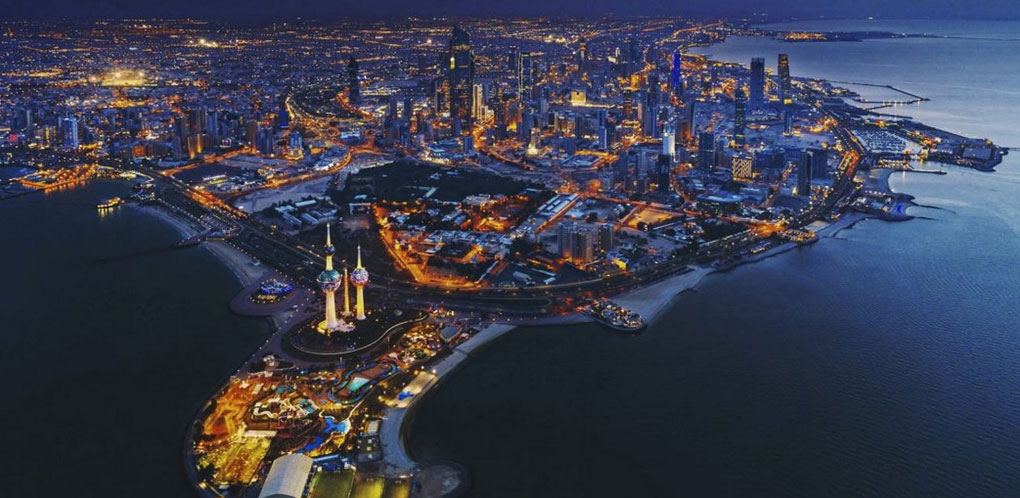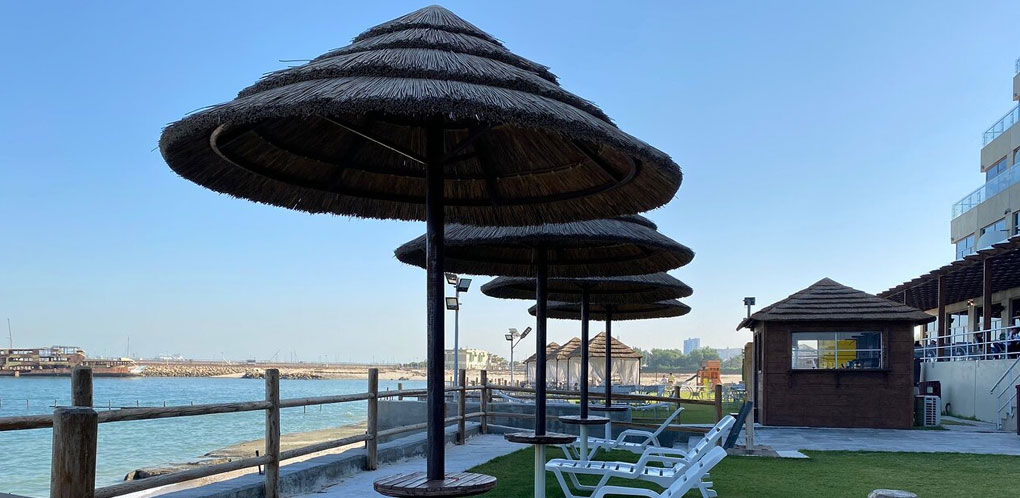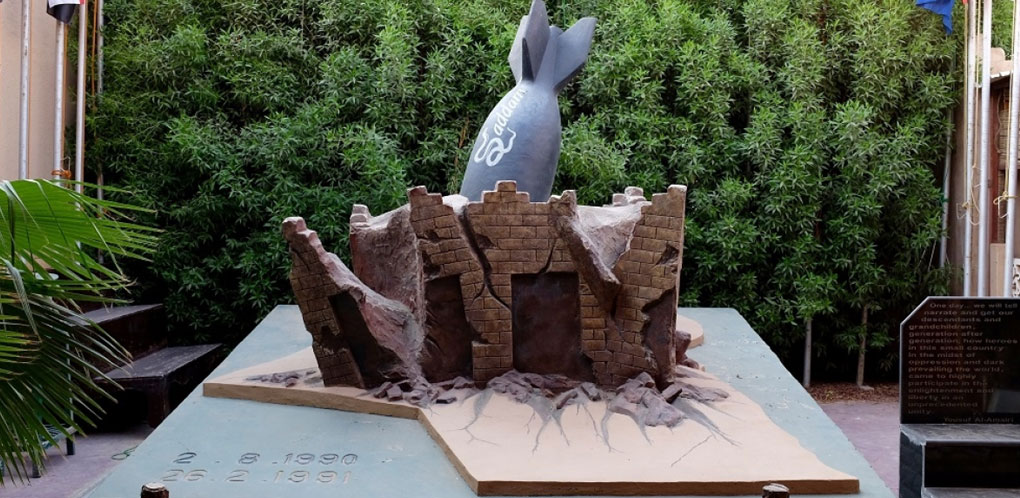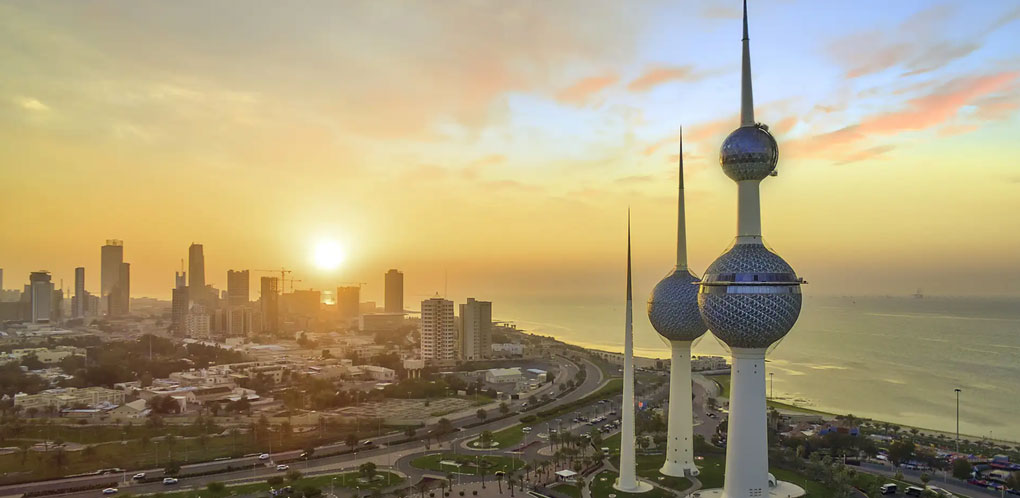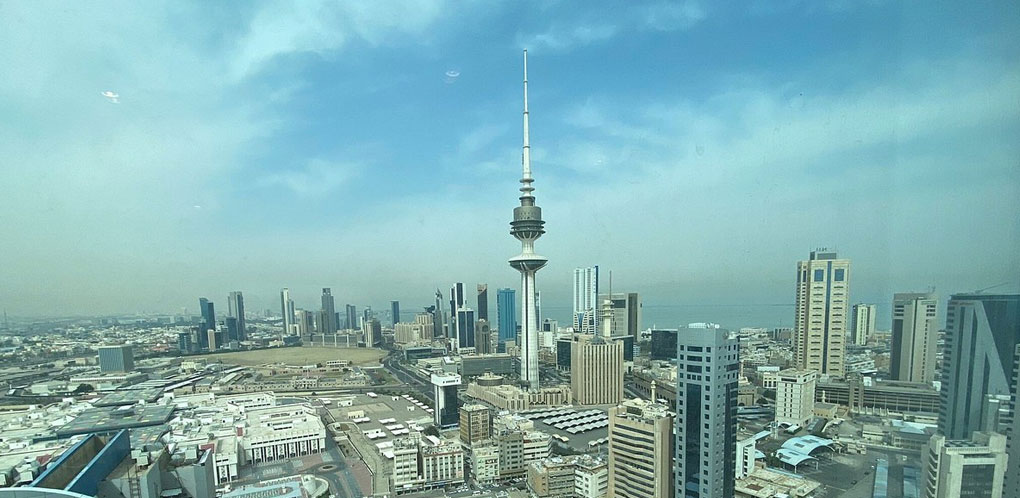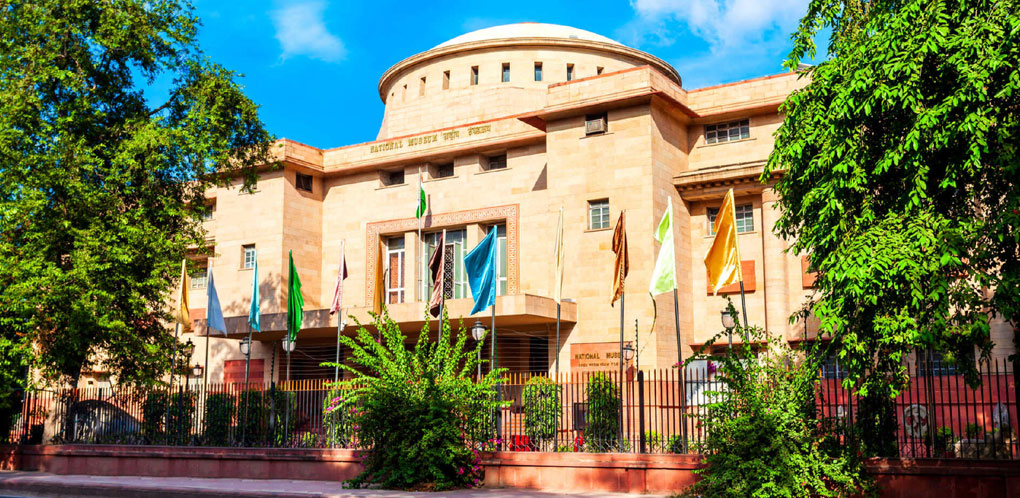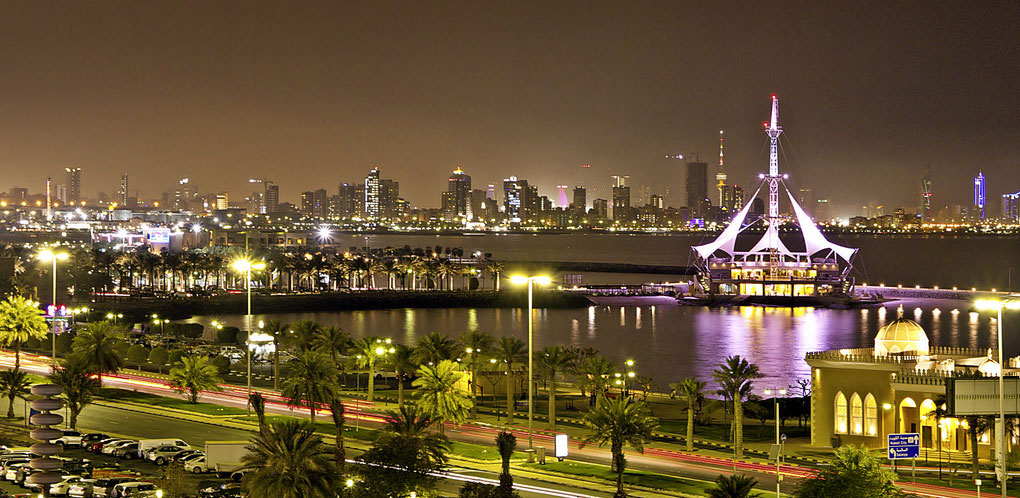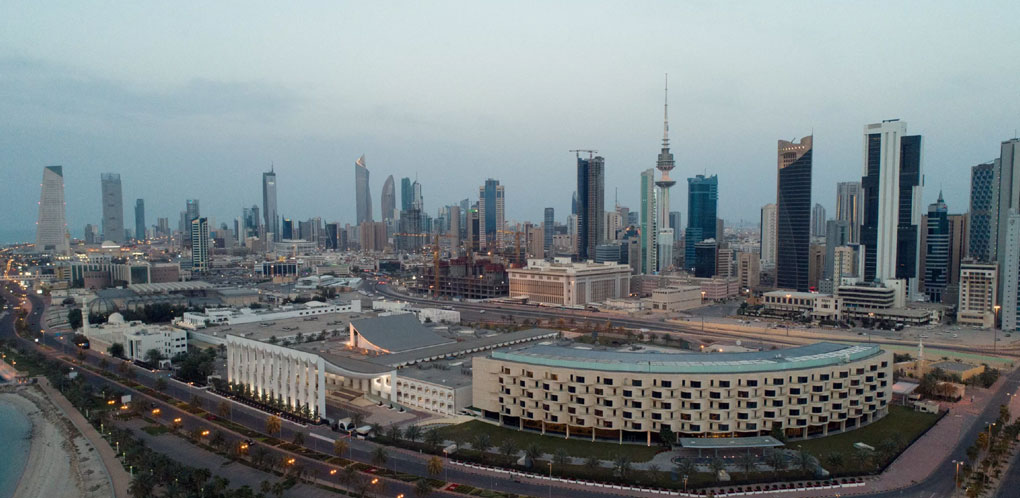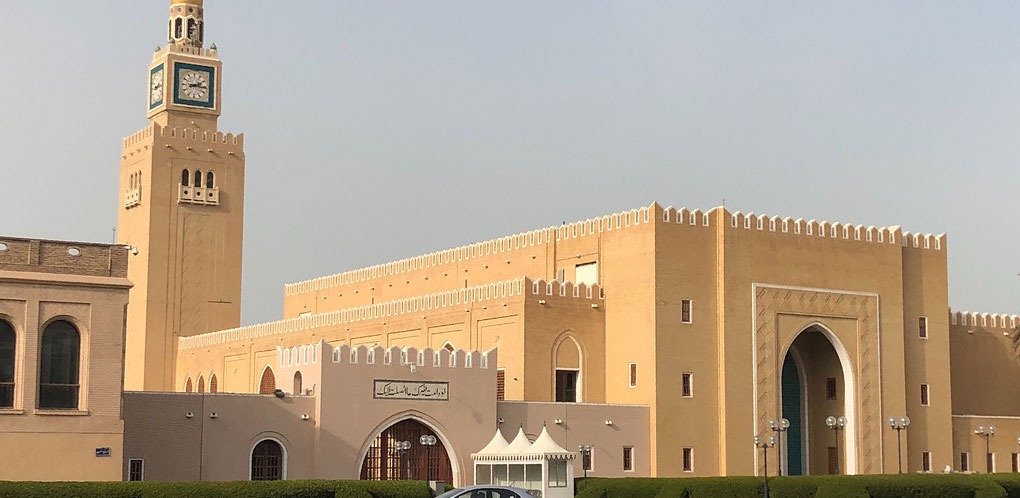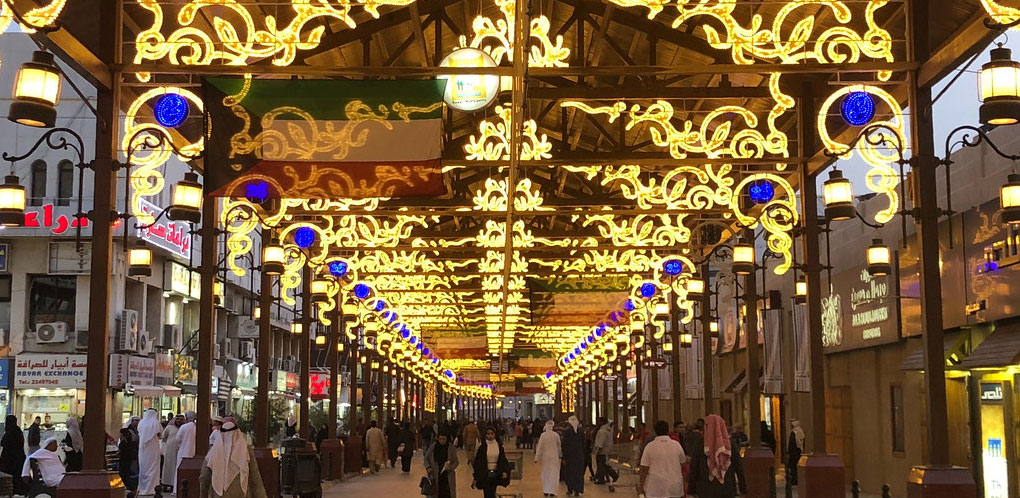
Kuwait City
Kuwait City is the capital and largest city of Kuwait.
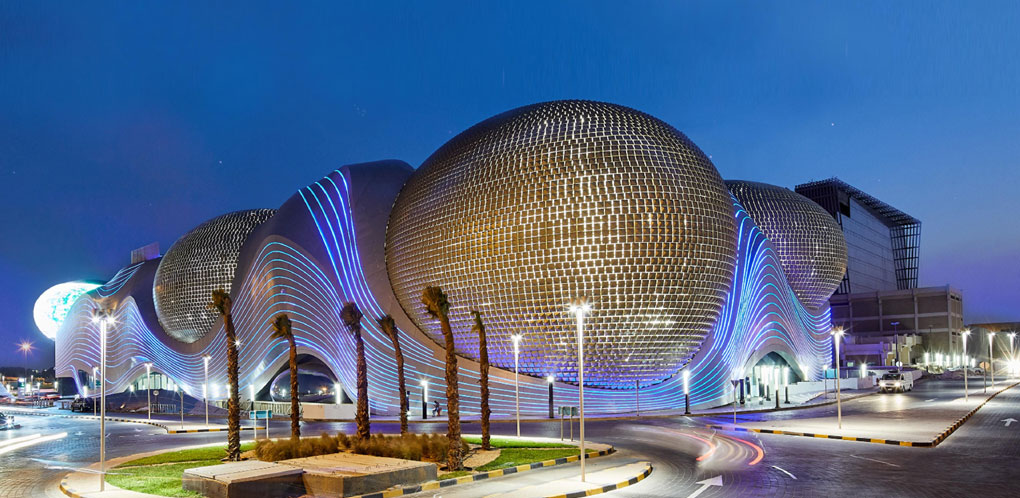
Kuwait City Located at the heart of the country on the south shore of Kuwait Bay on the Persian Gulf, it is the political, cultural and economical centre of the emirate, containing Kuwait’s Seif Palace, government offices, and the headquarters of most Kuwaiti corporations and banks. It is one of the hottest cities in summer on earth, with average summer high temperatures over 45 °C (113 °F) for three months of the year.
History of Kuwait City
Nestled between Iraq and Saudi Arabia, Kuwait is situated in one of the driest and least-hospitable deserts on Earth. Despite this harsh environment, its shoreline boasts Kuwait Bay, a deep harbor on the Persian Gulf. In the 18th century, Bedouin from the interior established a trading post there, leading to the origin of the name Kuwait, derived from the Arabic diminutive of the Hindustani word for “fort,” kūt.
Formally established as a sheikhdom by the ruling family, the Āl Ṣabāḥ, in 1756, Kuwait’s fortunes have long been intertwined with foreign commerce. Over time, the small fort evolved into Kuwait City, a modern metropolis characterized by skyscrapers, apartment buildings, and mosques. With the majority of the country’s population residing in Kuwait City, the nation ranks among the world’s most urbanized countries.
Kuwait gained international attention in 1990 when Iraqi forces invaded and attempted to annex it. However, a United Nations coalition, led by the United States, swiftly drove out Iraq’s army within days of launching an offensive in February 1991. Despite the rapid expulsion of the invaders, Kuwait suffered extensive looting and damage to its oil wells during the conflict, known as the Persian Gulf War. Nevertheless, the country has largely recovered and boasts one of the world’s highest per capita incomes.
Kuwait’s government, although generally conservative, has provided generous material benefits for its citizens. While conservative elements initially resisted reforms such as women’s suffrage (which was granted in 2005), the country has remained relatively stable. In a region marked by turbulence, Kuwait has earned a reputation as an “oasis” of peace and safety.


